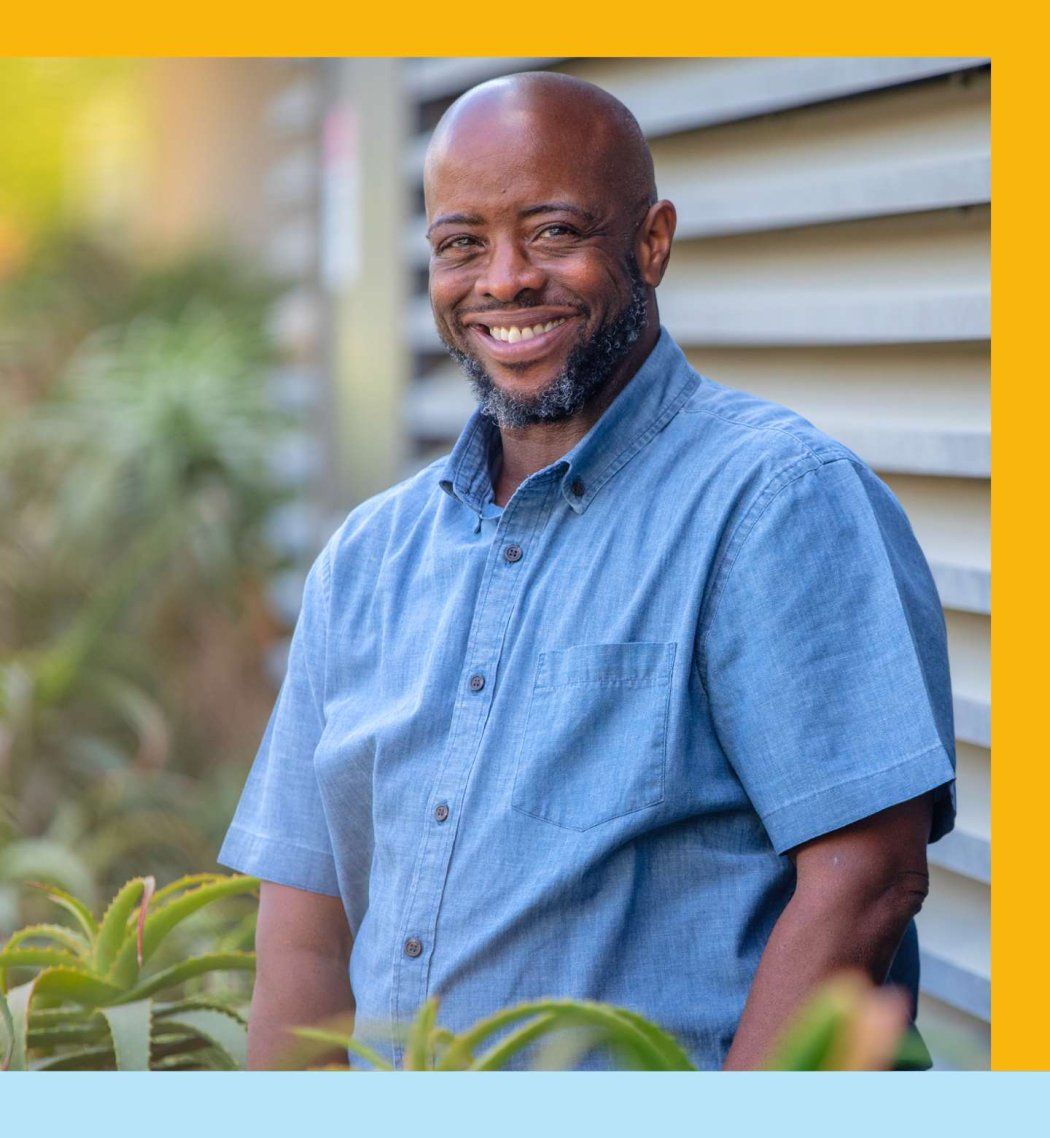This is part of a UC San Francisco series to promote greater awareness and understanding of gender identity and the use of a person’s lived name to foster acceptance, inclusion and belonging. Explore the series
How does the Gender Recognition and Lived Name Policy affect you personally? Or how do you imagine or hope it might affect you?
I transitioned while working at UCSF.
At that time, I remember only being allowed to change my business cards to reflect my chosen name, but I could not change my email address or any other place that my legal name appeared in UCSF documents until I “legally” changed my name. That made things weird because I would still need to remind people to use my chosen name.
It was like being exposed to a constant microaggression.
This new policy is how it should be.
I tell you my name and you use it everywhere except for payroll until it’s been legally changed. Otherwise, it’s like working in an environment where you are waiting on the next microaggression to happen. Not only is this stressful for trans folks, but it also can negatively impact our physical and psychological well-being. When I’m misgendered or referred to by my old name, my body has a visceral response and I feel unsafe, excluded and marginalized.
Names and pronouns are not just important to trans and gender-expansive folks.
They are important to everyone.

“When we humanize people, we neutralize transphobia and make room for stronger connections. ”

“When we humanize people, we neutralize transphobia and make room for stronger connections. ”
What’s one thing you would like people to know or understand about you and your experience?
As a queer Black man of trans experience, I live with multiple marginalized identities.
It feels heavy to feel that I need to negotiate my blackness and my gender all the time. The reality is that for many trans and gender-expansive folks, we are not only trans, but we are also simply people. We have the same types of dreams and aspirations as cisgender people. And for those of us privileged enough to have a job because many trans folks do not have them, we do not need the added stress of confronting transphobia in our workplace.
I came out as trans while working at UCSF.
I experienced transphobia from many colleagues. The GRLN policy will allow trans folks to work in an environment where we do not have to confront attacks on this most basic level of our humanity – using my chosen name and the correct pronouns.
It increases the chances that we can thrive at work. It allows non-trans folks to know us. Not as some stereotype they see in the movies or hear about in the news, but simply as Shawn, a proud dog daddy to Cooper and a lover of art, culture and travel.
When we humanize people, we neutralize transphobia and make room for stronger connections.
What’s something you wish more people did when getting to know you, especially at work?
I wish more people – including my family – would do their own research about trans identities and avoid asking me inappropriate questions or making assumptions about my body or my sexuality.
As someone who has facilitated many trainings on the best practices to engage trans folks in care across this country, I tell providers and health care organizations that if they do not remember anything I’ve shared with them, to simply remember that trans and gender-expansive folks are human and to treat us accordingly.
We are just people who happen to be transgender.
We love, we live and we aren’t going anywhere!
Cultivating a UCSF culture of belonging where we all can thrive.
Join the conversation at UCSF.
Gender Recognition and Lived Name Policy
UCSF is implementing the UC Presidential Policy on Gender Recognition and Lived Name to ensure that all employees, learners, patients and affiliates are identified by their accurate gender identity and lived name.
Change Your Name and DATA
Faculty, staff, learners, affiliates and alumni should have the opportunity to identify by their accurate gender identity and lived name. Learn how to change or update your name, gender marker and sexual orientation and take training.
BE AN ALLY AND ADVOCATE
The UCSF Lesbian, Gay, Bisexual and Transgender Resource Center has several programming initiatives that promote the inclusivity of our identities, including Pronouns Matter and UCSF Pride Pin Pledge.
